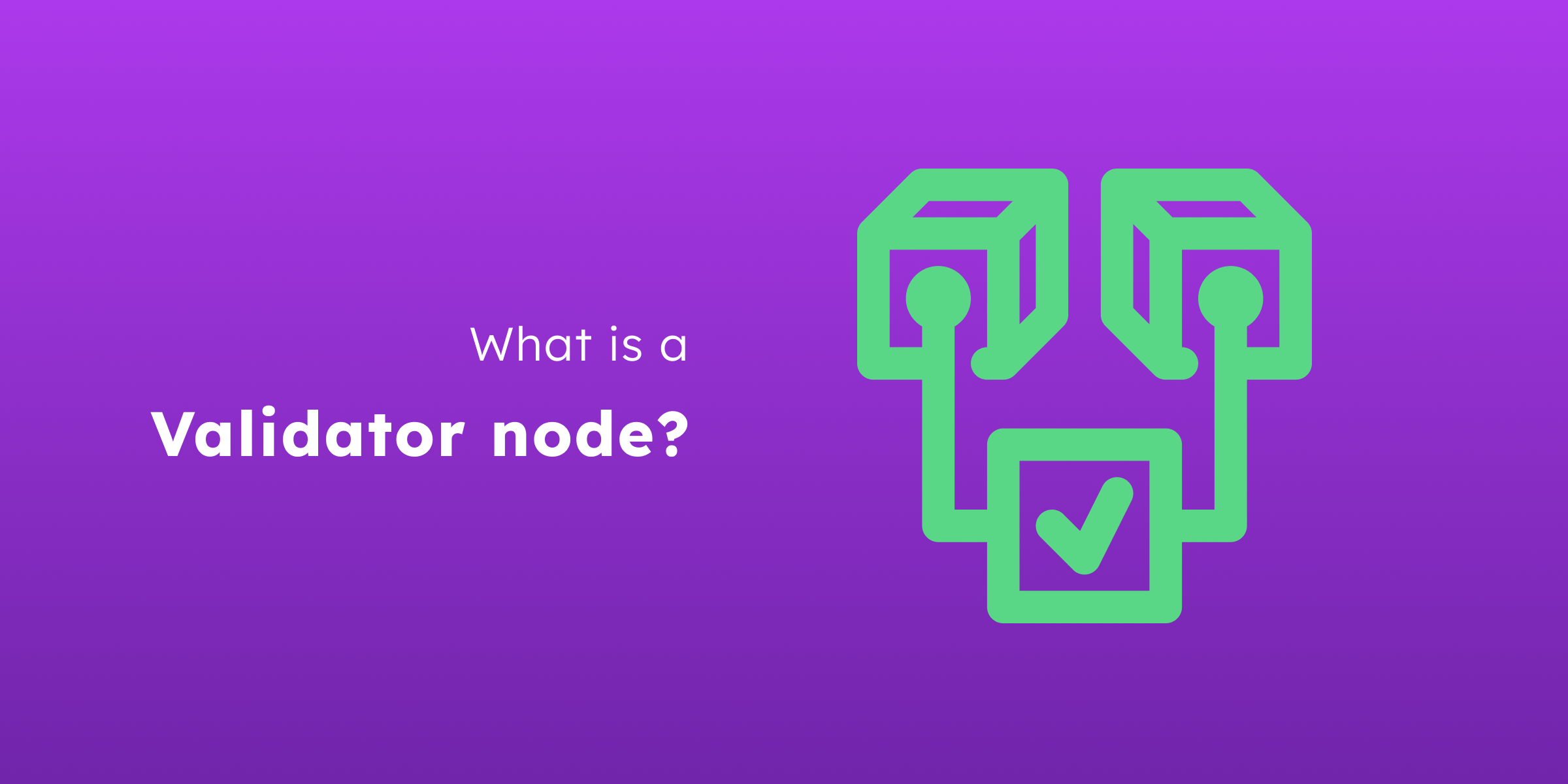Validator Nodes: Safeguarding Trust and Consensus in Blockchain Networks
 Blockchain Node
Blockchain Node
In the realm of blockchain technology, validator nodes stand as the guardians of trust, ensuring the accuracy, security, and consensus within a decentralized network. These nodes play a pivotal role in various consensus mechanisms, such as Proof of Stake (PoS) and Delegated Proof of Stake (DPoS), by validating transactions, creating new blocks, and maintaining the integrity of the blockchain. In this article, we will delve into the world of validator nodes, their functions, and their significance in the broader blockchain ecosystem.
Understanding Validator Nodes:
Validator nodes, also known as validating nodes or block producers, are essential components of many blockchain networks. These nodes participate in the consensus process, a mechanism that enables distributed networks to agree on the state of transactions and maintain a single source of truth without the need for central control.
Key Functions of Validator Nodes:
Transaction Validation: Validator nodes validate incoming transactions before they are added to a new block. This involves verifying the sender's identity, confirming the availability of funds, and ensuring the transaction adheres to the network's rules and protocols.
Block Creation: In consensus mechanisms like PoS and DPoS, validator nodes take turns creating new blocks that contain a batch of validated transactions. This process is crucial for expanding the blockchain's history and recording new transactions.
Consensus Participation: Validator nodes contribute to the agreement on the next block to be added to the blockchain. In PoS and DPoS networks, validators use their stake or reputation to influence the consensus process, ensuring that the majority agrees on the state of the network.
Block Propagation: Validator nodes are responsible for propagating new blocks to the rest of the network. Efficient and timely block propagation helps maintain the network's synchronization and prevents forks or conflicts.
Significance in Security and Trust:
Validator nodes play a paramount role in ensuring the security and trustworthiness of blockchain networks. By validating transactions and participating in consensus, they prevent fraudulent or malicious activities from being added to the blockchain. This mechanism enhances the network's overall security, making it resistant to attacks and tampering.
Moreover, validator nodes contribute to the decentralized nature of blockchain networks. Since no single entity controls the validation process, the network remains resilient to censorship and single points of failure.
Variants of Validator Nodes:
Solo Validators: These are individual nodes that operate independently to validate transactions and create new blocks. Solo validators contribute directly to the consensus process based on their stake or computational power.
Pool Validators: In networks like PoS, validator nodes can pool their resources together to increase their chances of being selected to create new blocks. This approach allows smaller validators to participate effectively and share rewards.
Delegated Validators: In DPoS networks, token holders delegate their voting power to trusted validators. These validators then use the delegated voting power to participate in the consensus process on behalf of the token holders.
Challenges and Future Developments:
Running validator nodes requires technical expertise, reliable infrastructure, and consistent online presence. Validators must also remain vigilant against attacks and maintain their reputation within the network. As blockchain technology evolves, efforts to improve scalability, reduce energy consumption, and enhance security will continue to shape the development of validator nodes.
In Conclusion:
Validator nodes are the unsung heroes of blockchain networks, ensuring the security, integrity, and consensus that underpin decentralized systems. By validating transactions, creating new blocks, and participating in consensus, these nodes enable trust to flourish in an environment that lacks central authority. As blockchain technology progresses, the role of validator nodes remains critical, reflecting the core principles of transparency, decentralization, and security that define the blockchain revolution.
Subscribe to my newsletter
Read articles from Blockchain Node directly inside your inbox. Subscribe to the newsletter, and don't miss out.
Written by
